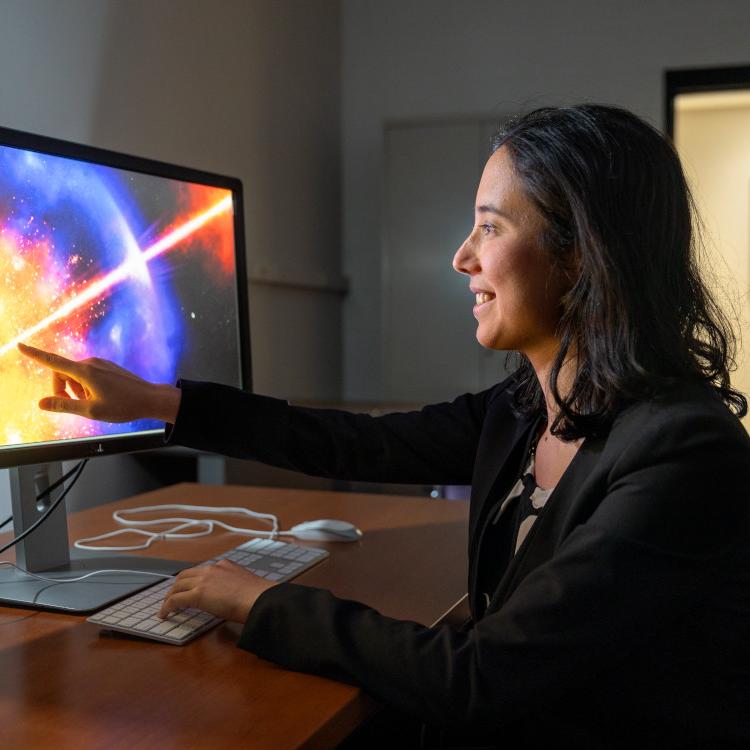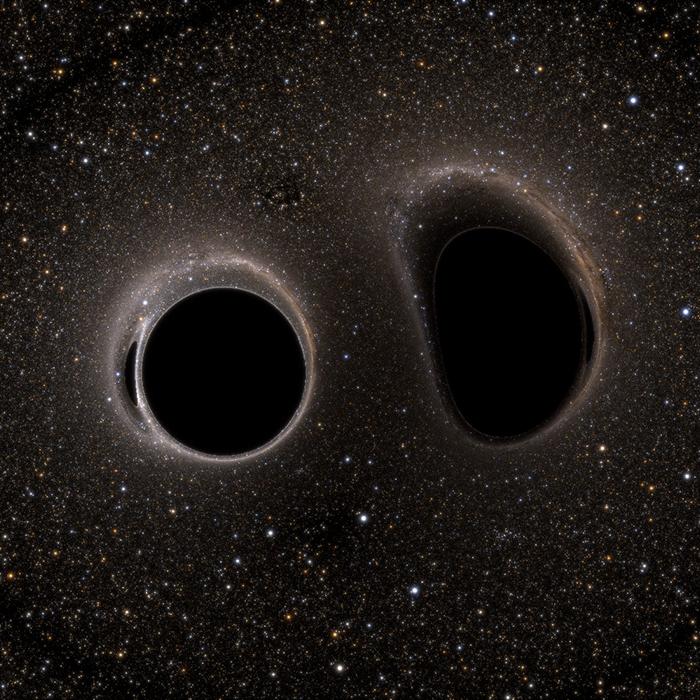
 Department Homepage
Department Homepage
Cornell chosen to host fellowship in planetary astronomy
Cornell has been selected as one of 14 U.S.-based host institutions for the 51 Pegasi b Postdoctoral Fellowship in Planetary Astronomy. The fellowship, supported by the Heising-Simons Foundation, provides up to eight postdoctoral scientists per year up to $375,000 of support for independent research over three years.



